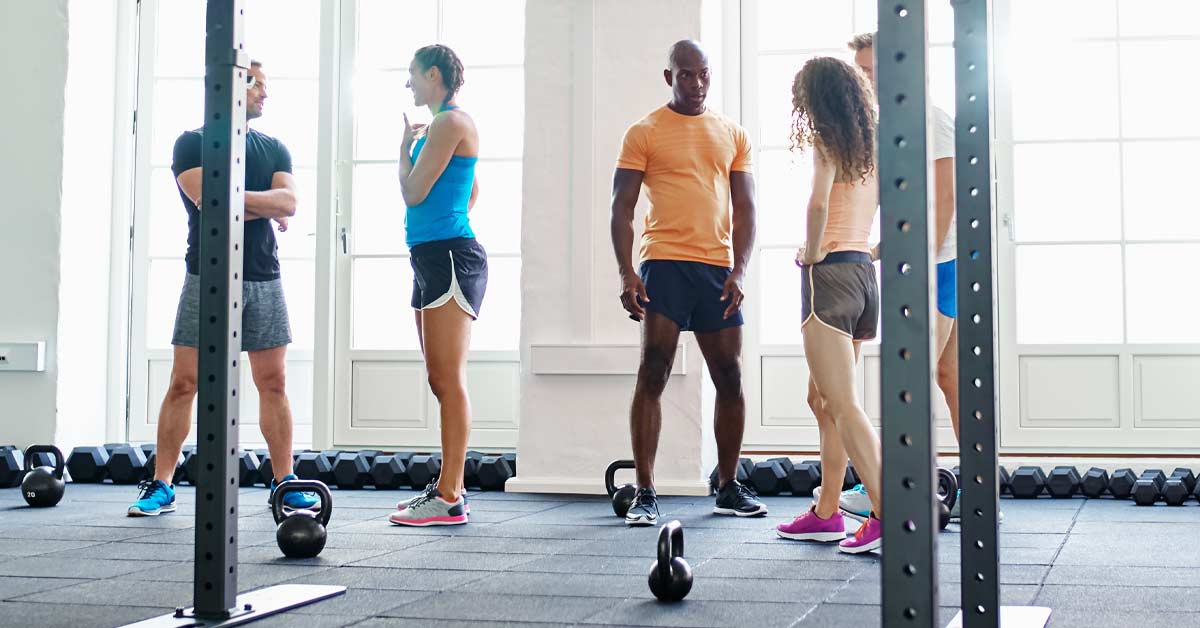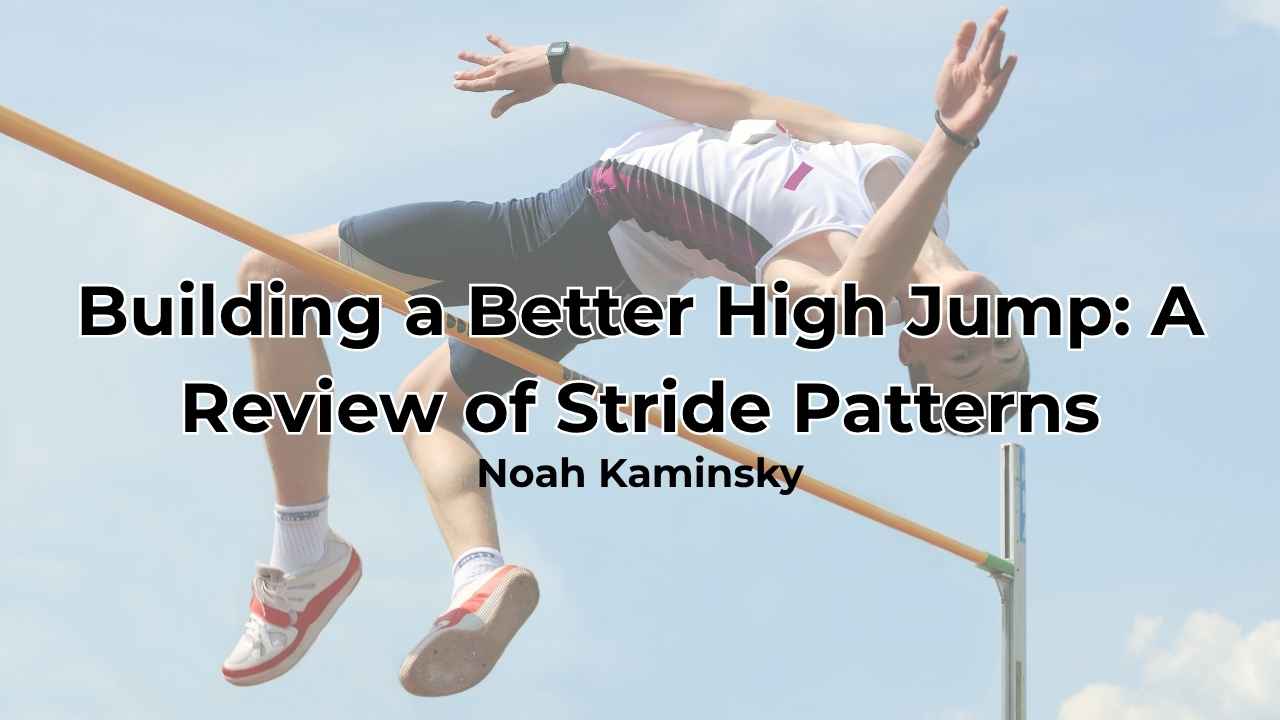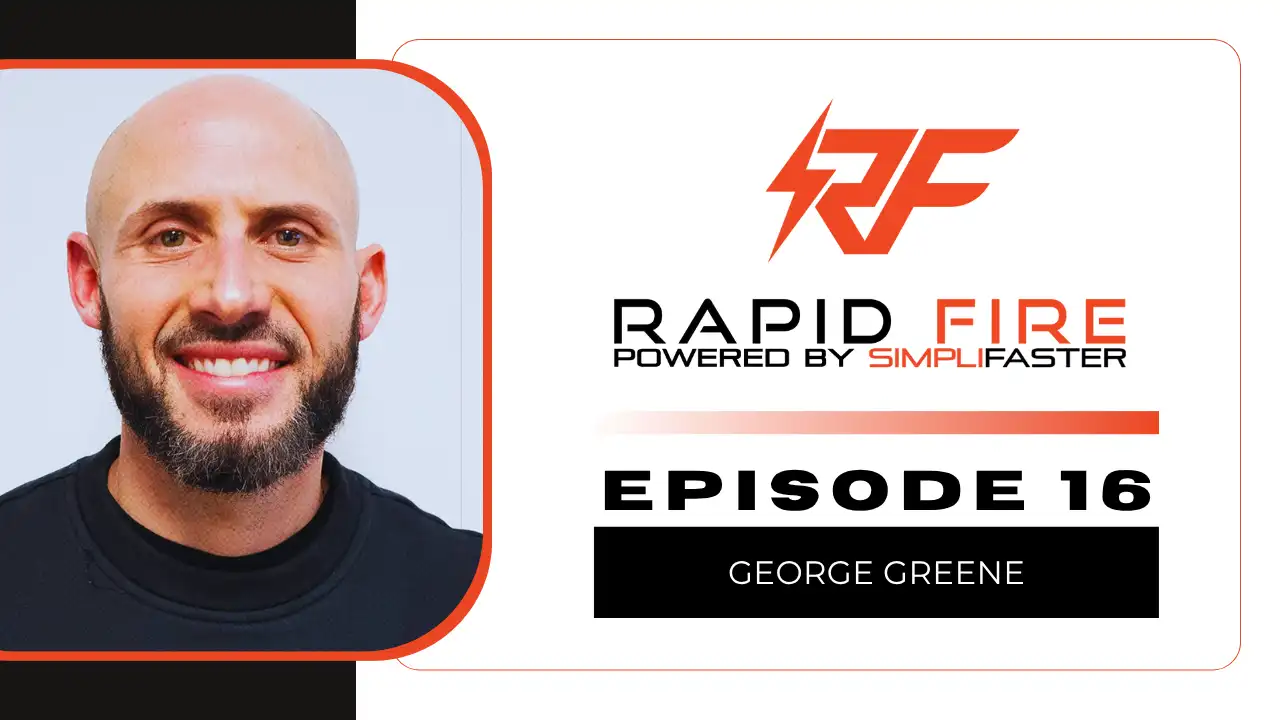LaDon Battle was Head Strength Coach at Arizona Christian University under Head Coach Jeff Bowen from 2015-2019. He was the first deaf head strength and conditioning coach at the collegiate level. Battle is a certified performance coach with USAW and is also FMS certified. In addition to S&C, he has coached football and basketball at the scholastic level. Coach Battle played football for the Gallaudet University Bisons and graduated with a literature degree.
Freelap USA: You have coached athletes in various sports, so what do you see as a good way to individualize training, within reason? Not all beginner athletes (new to weight training) need a custom program as much as training in general, but how do you keep everyone feeling unique? How much individualization is enough? Large groups of athletes make tailored programming a burden, but an oversimplified template isn’t perfect either.
LaDon Battle: In my opinion, a program is as good as it can be only if the athletes buy into it. In order to keep everyone together we do what we came to do, which is bench and squat. That’s one thing I feel every athlete knows and takes pride in. As for individualization, it all depends on what the athlete is lacking in or what the team as a whole is struggling with.
For example, if a team I’m working with lacks in mobility, then that’s going to affect everything moving forward. The injury rate for that team will be higher, and it will also affect performance on the field/court, so we need to focus on that before we can move forward. Programming can be a burden if it’s not organized right, or you don’t know what to look for during the year, whether it’s the in-season or off-season.
Know your players, know the head coach’s style of play, understand the demand it takes to be at the level that’s expected. Then, programming has a clear vision of where it needs to start and where it needs to go.
Know your players, know the head coach’s style of play, understand the demand it takes to be at the level that’s expected, and you will have a clear vision for programming, says @FollowingLZ. Share on XFreelap USA: Clearly, being deaf has some challenges with your job, but I am sure that being creative and resourceful gives you an opportunity to find small wins. How can a hearing coach learn from you to be better at their job based on what you have overcome over the years?
LaDon Battle: Communication will always be a barrier for me, but the right resources and the right support from the head coach have allowed me to show what I can do to be an asset to the staff and have them buy into my style of coaching. I was blessed to have an amazing boss in Jeff Bowen when I was at ACU. He supported me in every way possible to allow me to be successful with the athletes.
What coaches can learn from me is sign language, LOL! But really, what they can learn is that communication does not have to be complicated—eye contact, body language, and just understanding that I’m a visual person. I may not be able to hear, but I will go above and beyond to be sure everything is receptive. I have learned to overcome things over the years by being patient and understanding. Not every coach has worked with a deaf strength coach, so it’s new territory for them, especially for them to trust someone developing their players.
Freelap USA: Some athletes are simply lazy, and motivation may never be there. How do you reach an athlete who may not be super talented and lacks a work ethic? Do you have a fresh perspective?
LaDon Battle: Athletes lose motivation when they start struggling or feel overwhelmed. I basically keep supporting the athlete, such as complimenting them on little improvements. We all know that a strong work ethic is an important part of being successful in everything they do in sports, in the classroom, and in life. My job is to help them acquire good habits, such as developing themselves in the weight room and understanding what it takes to become a team player.
It’s all about mastering the small details. We know that each and every player must feel like they are a part of something bigger than themselves. We also know that a successful team plays hard, not just to win, but for each other so they don’t let each other down.
Freelap USA: Working with team coaches is not easy, especially if they don’t know what they don’t know. How do you communicate the value of your program when it sometimes requires time they feel could be better used for sports training?
LaDon Battle: I would walk them through what I’m trying to do and what I’m trying to achieve. Also, getting the sport coaches to understand not everything is about what weight is on the bar but getting that athlete to move better to be more efficient, which will improve performance on the field/court. Sometimes sport coaches like doing things the way they’re used to and are comfortable with. I can understand this, but having the right data and information and explaining my WHY and how they can incorporate it into their practice schedule might have them buy into my programming.
Having the right data and information and explaining my WHY and how sport coaches can incorporate it into their practice schedule might have them buy into my programming, says @FollowingLZ. Share on XFreelap USA: Being a father and a coach, what do you think you have learned from raising children that has helped you coach better? Conversely, what have you learned from coaching that makes you a better father?
LaDon Battle: The coaching world takes a lot of time away from family, including quality time with kids. I have learned that time goes by quickly and to spend as much of it as I can with my kids. It has made me appreciate my athletes more because they can be here for one season and then be gone the next, or they can be here for all four years, but seeing them grow as people and how much of an impact I have on them makes me a better strength coach and a better person. I know that great coaches make time for both the team and an individual athlete.
What I have learned from coaching that makes me a better father is to continue to empower my kids as they grow up and be their #1 fan in everything they do.
Since you’re here…
…we have a small favor to ask. More people are reading SimpliFaster than ever, and each week we bring you compelling content from coaches, sport scientists, and physiotherapists who are devoted to building better athletes. Please take a moment to share the articles on social media, engage the authors with questions and comments below, and link to articles when appropriate if you have a blog or participate on forums of related topics. — SF





